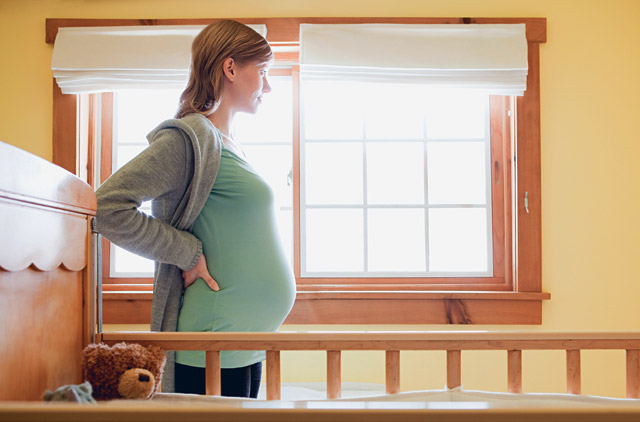London: Women in the UK are asking for sperm to be taken from their dead or dying partners to allow them to become fathers from beyond the grave.
Grieving wives and girlfriends are requesting that surgeons perform the procedure to realise their dream of having a baby with their loved one.
The figures involved are small and the procedure is heavily regulated, but lawyers and ethicists said that the welfare of the child must not be forgotten.
The issue first hit the headlines in the mid-1990s, when Diane Blood won the right to have children from sperm extracted from her husband Stephen when he was in a coma. But it has received little attention since.
Hospital trusts around the UK were asked if they had ever been asked to retrieve sperm from a patient close to or after death.
This differs from cancer patients who decide to bank sperm ahead of time, in case they do not survive.
Of the 156 trusts contacted, four said they had one request and three trusts had two requests.
Request granted
Newcastle Hospitals NHS Foundation Trust was one of those that had one application, which was granted and the sperm retrieved. However, it was not used in IVF.
Kingston Hospital also granted one request, following a court order. It is not known if the sperm was used in fertility treatment.
University Hospitals of Leicester NHS Trust had two requests to take sperm after death but refused both.
Salisbury NHS Foundation Trust and Imperial College Healthcare NHS Trust in London have each received two requests, which were turned down. Sheffield Teaching Hospitals and East and North Hertfordshire NHS Trusts each had and refused one request.
The only two babies known to be born to a British woman from sperm taken in this way are Blood's sons, Liam, now 13, and Joel, now nine.
Josephine Quintavalle, of campaign group Comment on Reproductive Ethics, said: "We should respect the bodies of the dead, not look upon them as potential partners in reproduction.
"The rights and psychological welfare of children should always be of paramount importance, not the wishes of would-be parents."
— Daily Mail













